Mortal Kombat
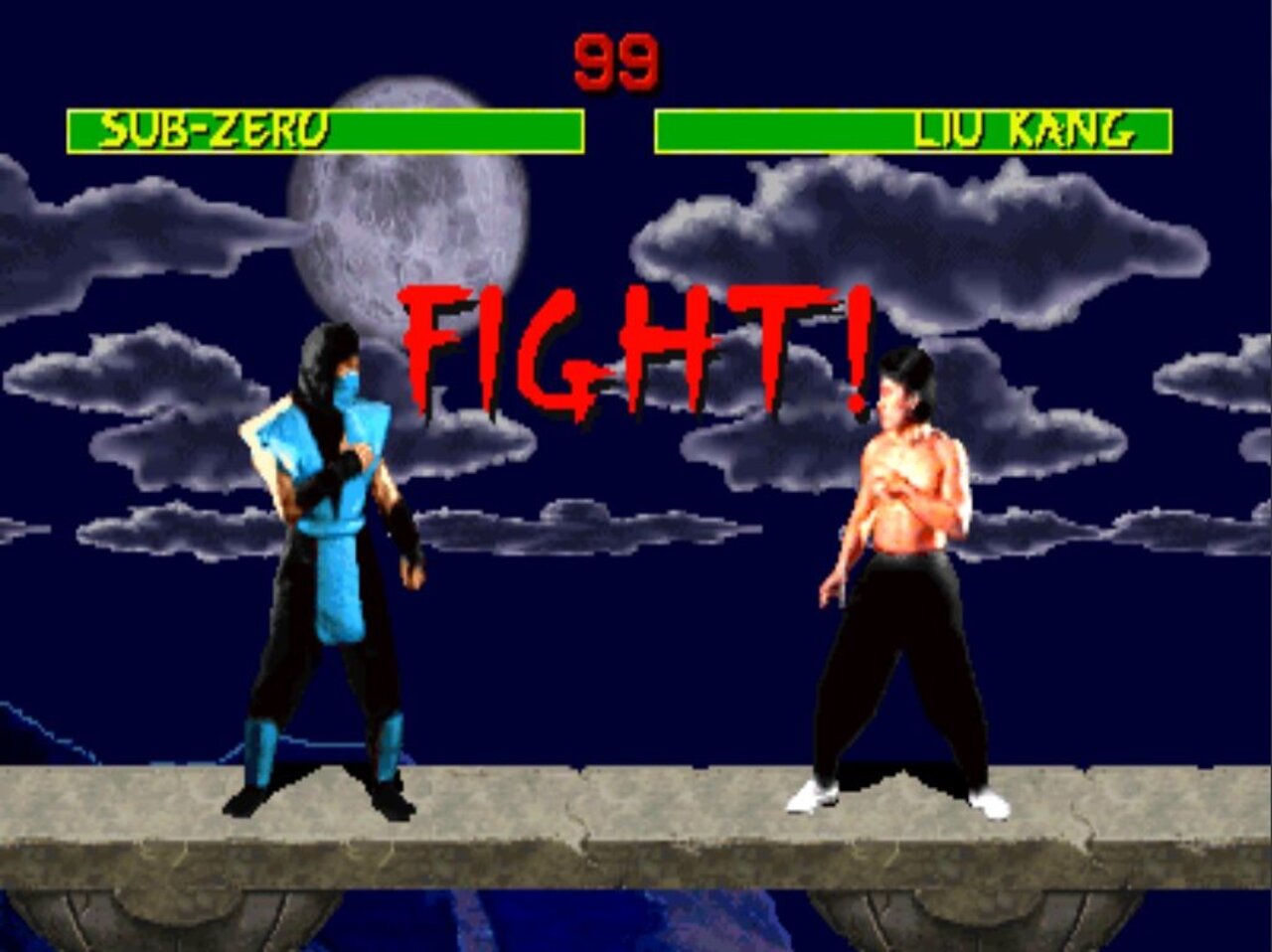
From the earliest days of video games, critics complained they were too violent – and 1992’s Mortal Kombat was the game that finally pushed the envelope that bit too far. Boasting graphics which were state of the art for the time, the Midway Games release featured then-unprecedented bloodshed and infamously gruesome finishing moves. Parents, politicians and the press were not amused.
Custer’s Revenge
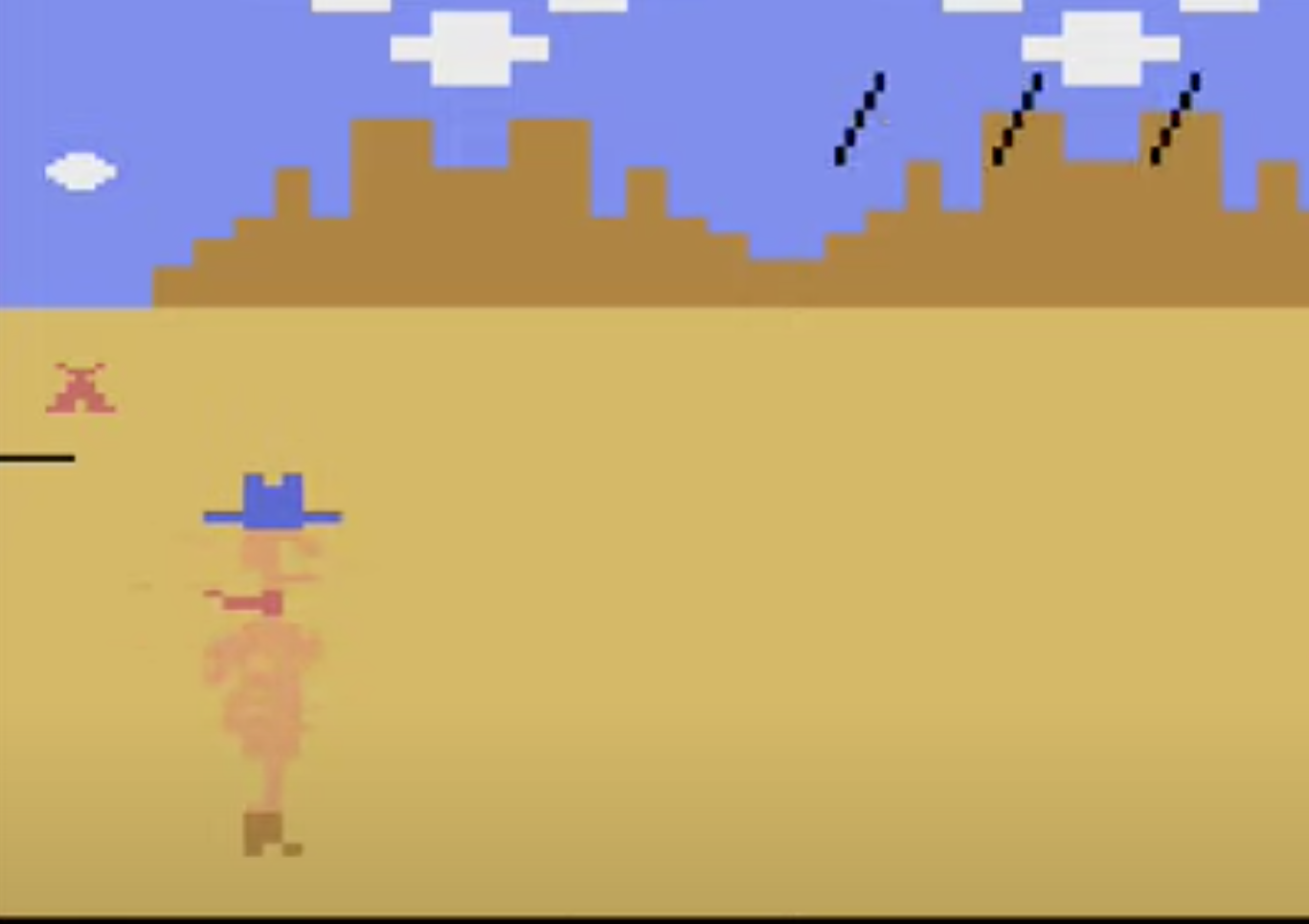
If you thought that video games only sparked controversy when graphics got sophisticated, think again. Atari’s lewd 1982 release Custer’s Revenge gives the player control of the ill-fated American General, and the aim is to assault a Native American woman. Though the game was not sold to children, outrage over its racism and sexism saw it pulled from shelves within six months.
Grand Theft Auto

As soon as the original Grand Theft Auto arrived in 1997, it was an instant controversy magnet, as it casts the player as a criminal, stealing cars and causing chaos. In Great Britain, politicians discussed banning the game. All this negative publicity proved invaluable, as the game sold by the truckload, and the many sequel games have only grown more provocative.
Night Trap
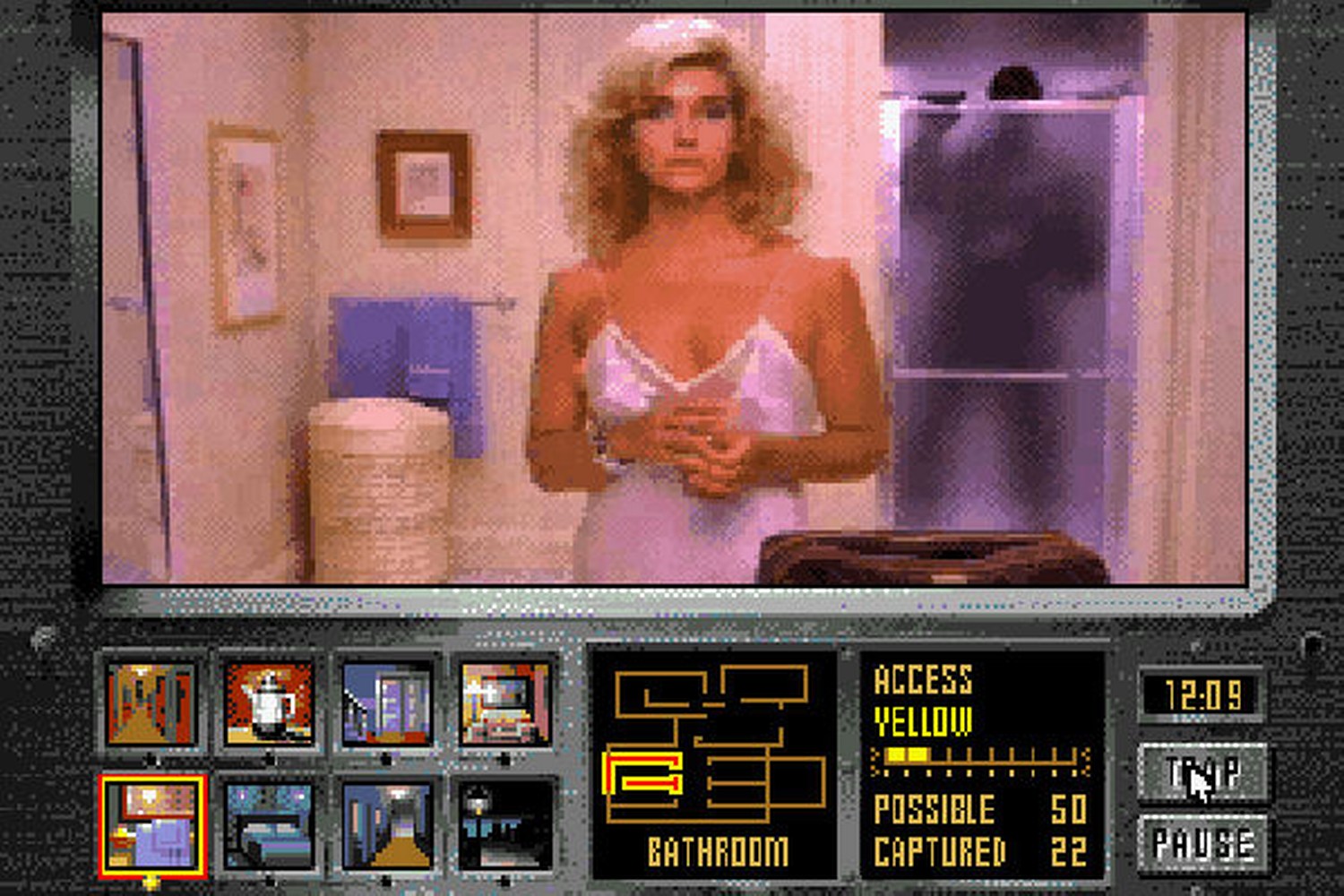
Essentially an interactive horror movie, 1992’s Night Trap made use of full-motion video footage of a houseful of young women, whose slumber party comes under attack by vampiric monsters. The Sega release was widely condemned for glamorizing violence against women, and was (along with Mortal Kombat) one among a number of early 90s titles responsible for the introduction of age ratings on video games.
Gal Gun

First released to Xbox 360 in 2011, Gal Gun was, according to its designers, intended as a parody of first-person shooter games. Set in a high school, the game features vast swathes of scantily clad young women, and features levels in which the player is able to see through their clothes. Made specifically for Japan, Gal Gun’s controversial content meant it was never released internationally.
Duke Nukem 3D

First released in 1996, Duke Nukem 3D was the third entry in the sci-fi shooter series, and went out of its way to horrify parents and delight young gamers with its heavy levels of violence, adult content and swearing. It wound up being banned in several territories, and the version released to Nintendo’s N64 was heavily censored, with the raunchier content significantly toned down.
Wolfenstein 3D
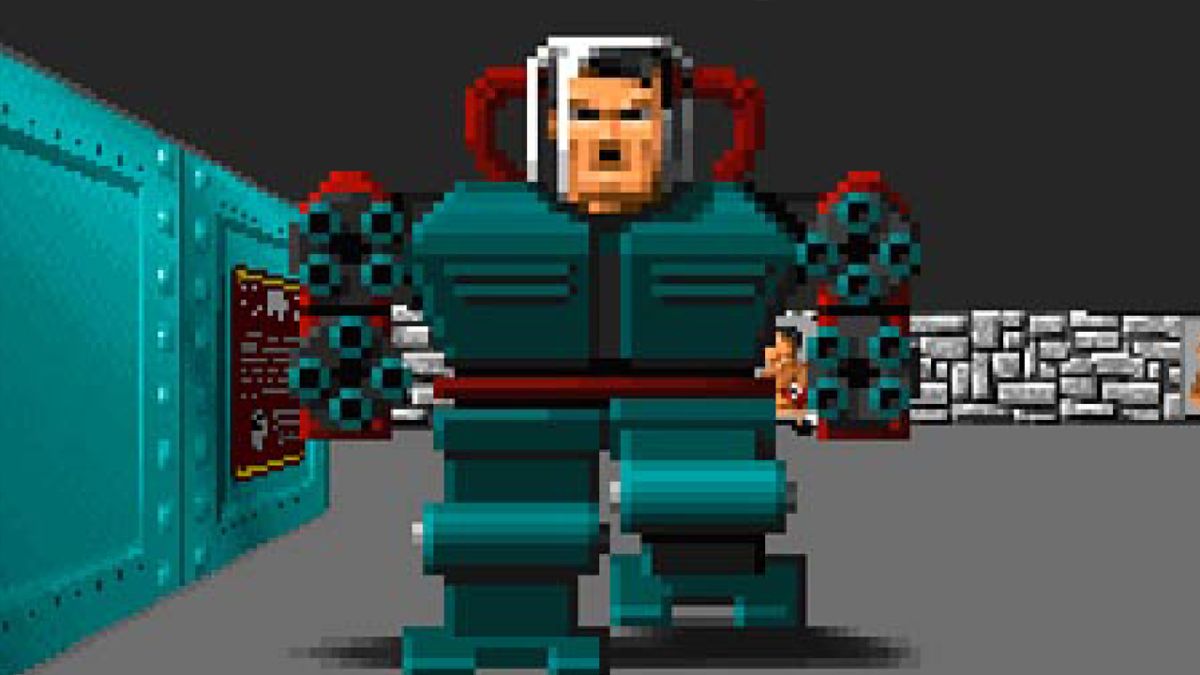
Following on from the first two Castle Wolfenstein games, 1992’s Wolfenstein 3D significantly revamped the series by adopting the then-unusual first-person perspective, with three-dimensional graphics. The results went down a storm with gamers, but upset many critics thanks to both the level of violence and the heavy emphasis on imagery relating to Germany during World War II. Perhaps unsurprisingly, Germany banned the game.
Postal
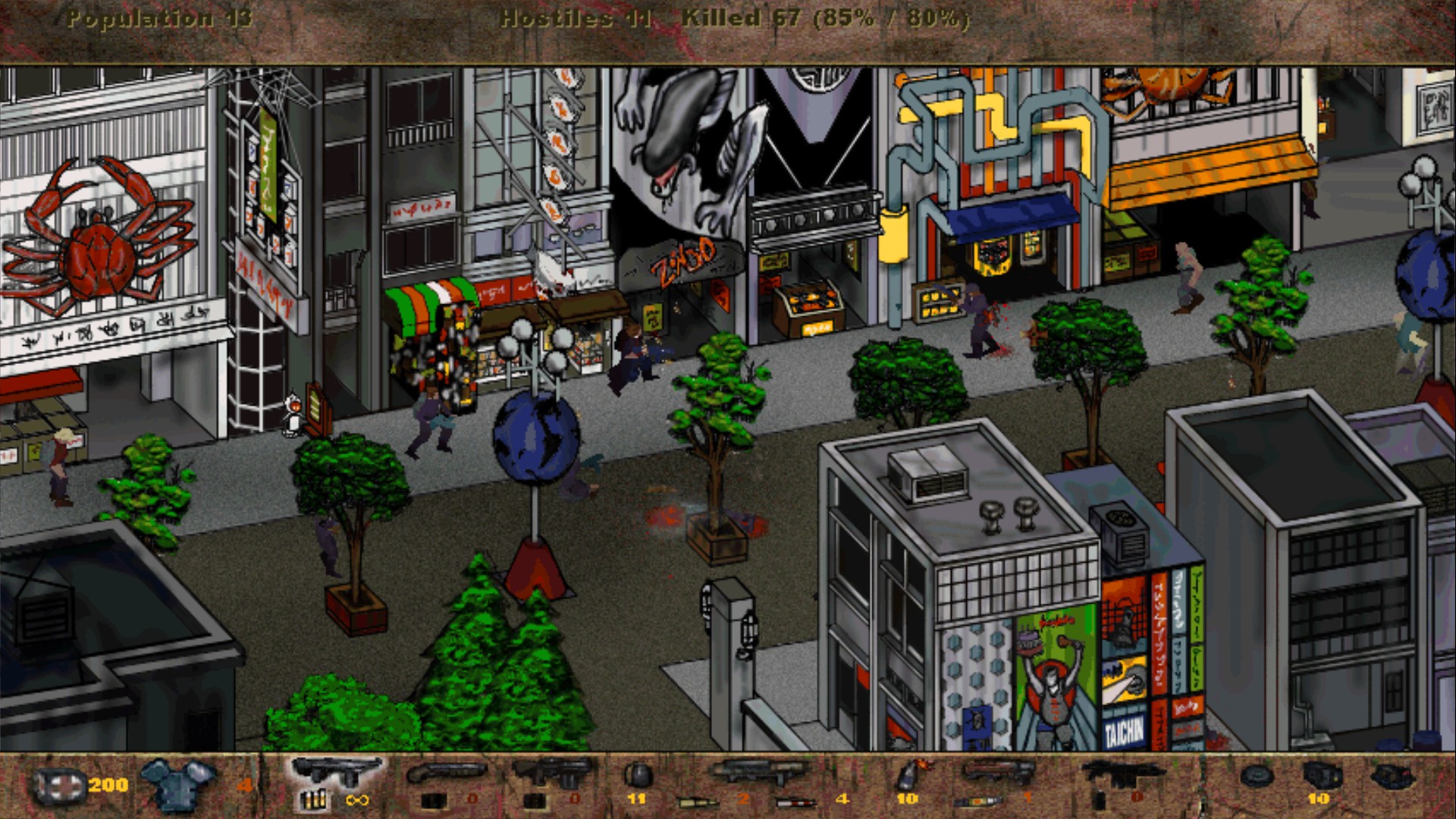
After several well-publicized instances of postal workers committing mass murder, the phrase ‘going postal’ entered the vernacular. This was the inspiration behind 1997 shooter game Postal, which sees the central character descend into paranoia and go on a killing spree. Always intended to be provocative, the game was banned in some countries but proved successful enough to spawn numerous sequels and a similarly controversial movie.
Leisure Suit Larry in the Land of the Lounge Lizards
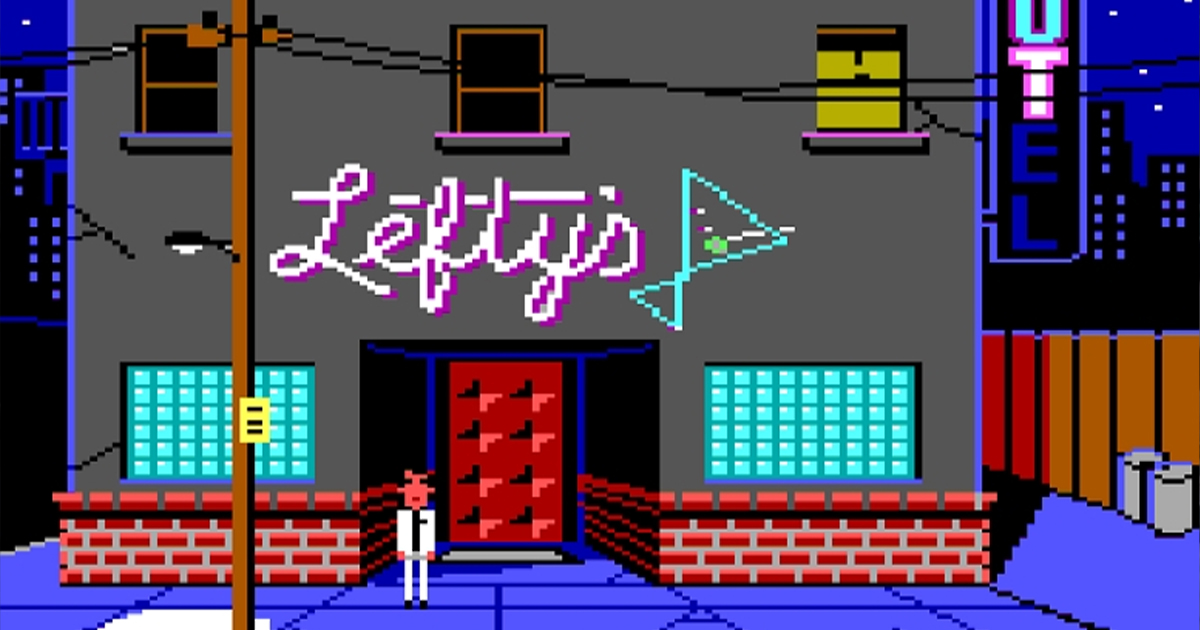
From the synopsis alone, 1987’s Leisure Suit Larry in the Land of the Lounge Lizards seems custom-designed to prompt outrage. The player controls a virginal 38-year-old man who heads out into the seedy city streets with the goal of “getting lucky” with a woman. Though widely condemned as sexist and offensive, it sold well enough to spawn several sequels, the most recent arriving in 2020.
Call of Duty: Modern Warfare 2
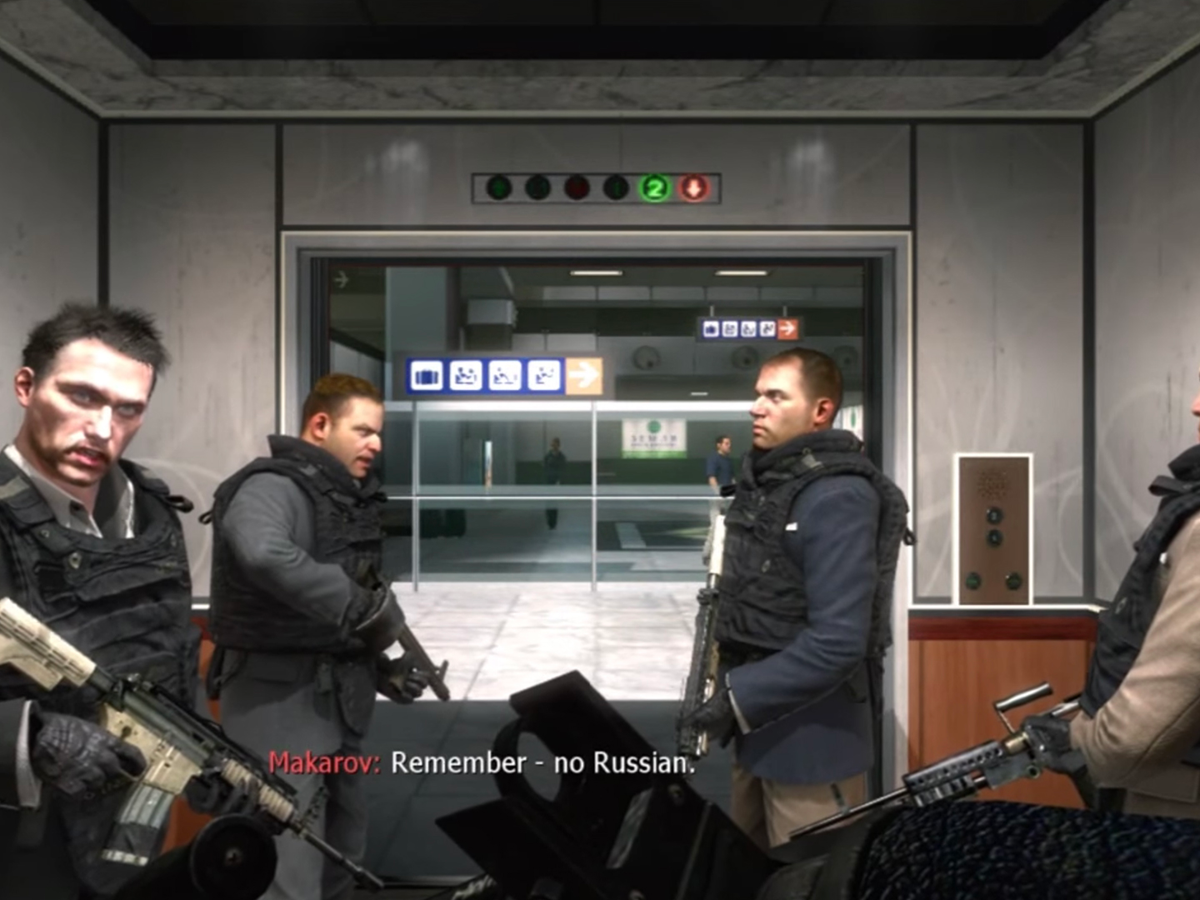
The realistic violence of first-person shooter series Call of Duty has always upset some critics, but no entry proved so shocking as 2009’s Call of Duty: Modern Warfare 2. The dark game’s infamous ‘No Russians’ mission sees the player forced to perpetrate a mass shooting of civilians in a Russian airport. The sequence was widely condemned, and cut completely from the game’s Russian release.
Punch-Out!!
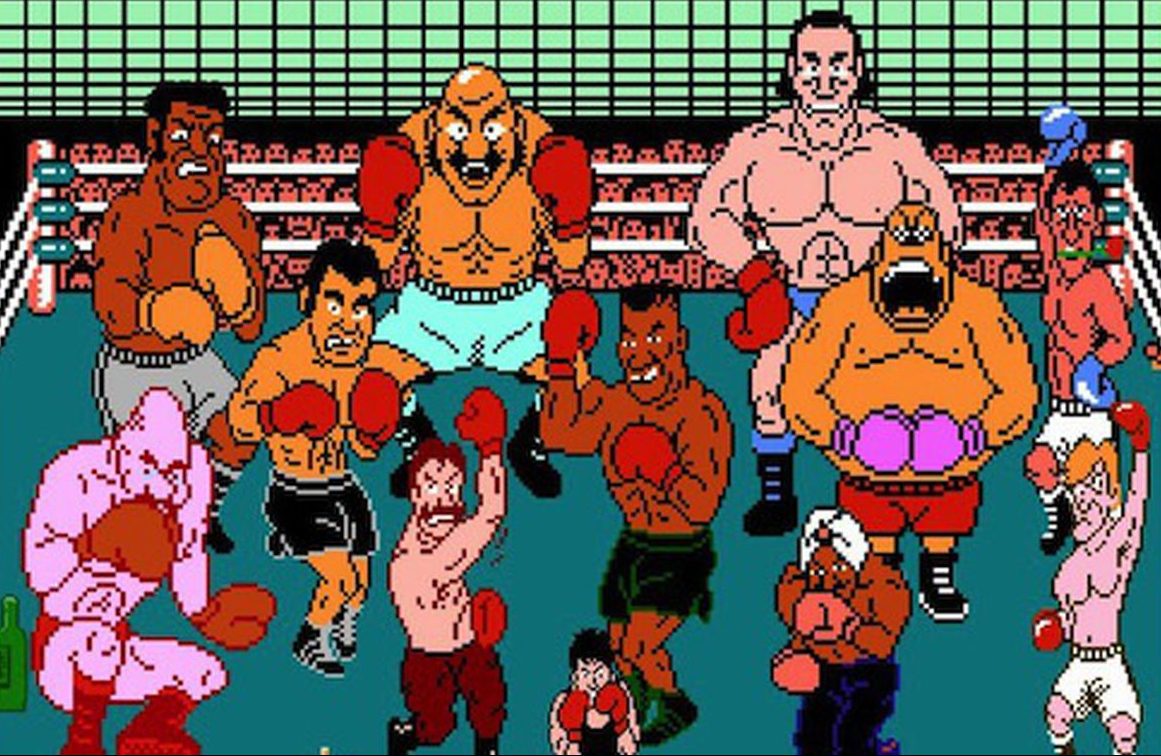
The series Punch Out!!, which started out as an arcade game and later saw a partnership with Mike Tyson, has attracted criticism for its numerous ethnic and national stereotypes amongst its villains. The figures include the cowardly French boxer Glass Joe, the overweight Pacific Islander character King Hippo, and the irascible and drunken Soda Popinski from Russia.
Pokémon
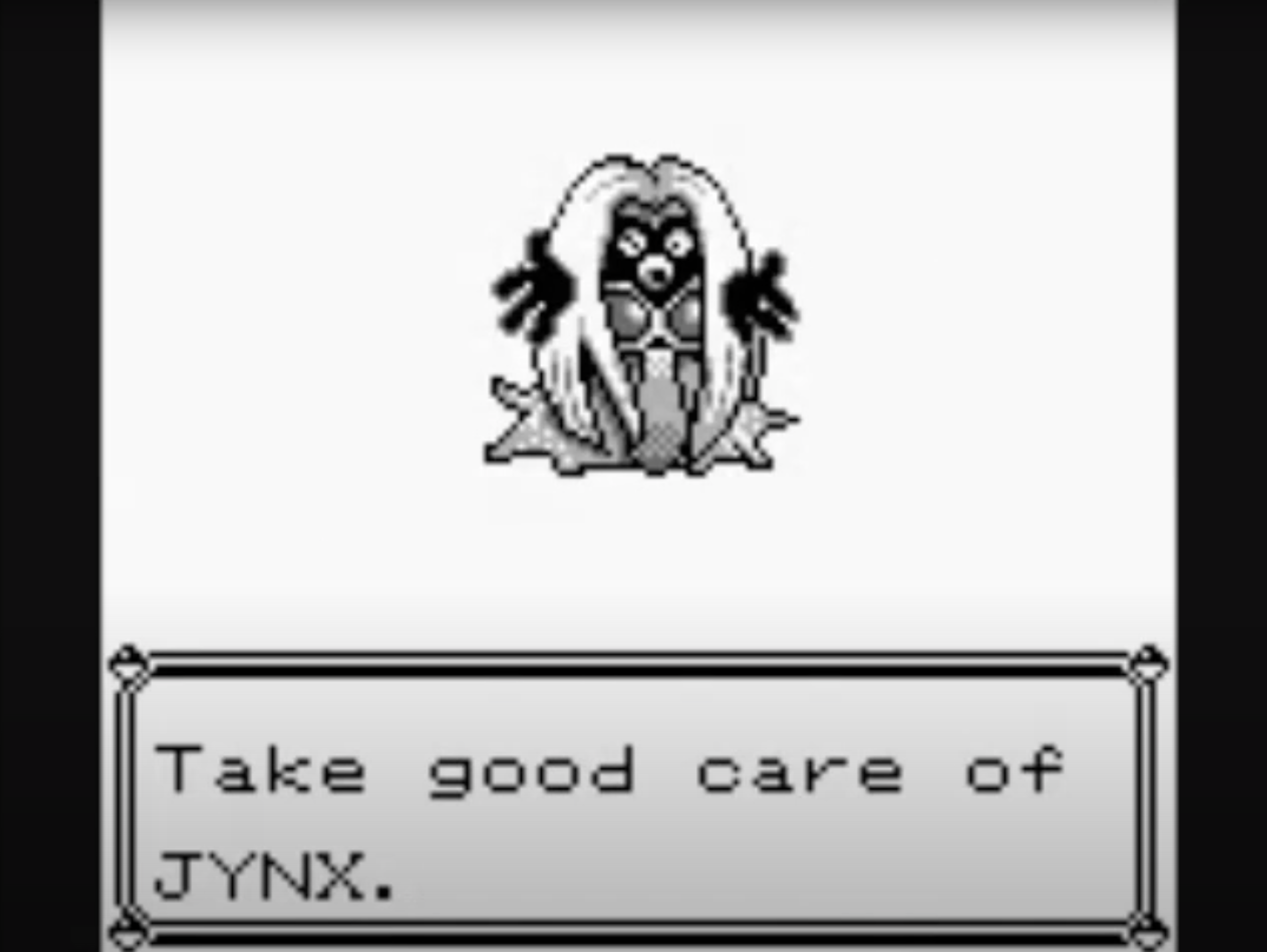
The character Jynx first appeared in Pokémon Red and Blue, and she originally had a black mask-like face, which was criticised as an example of blackface – especially after she featured in Pokémon anime. Later iterations of the character were given a purple face to rectify this. Certain Christian fundamentalist groups also accused Pokémon of using Satanic imagery, which led the Pope to issue a statement in support of the game, praising its focus on the “intense ties of friendship”.
Manhunt
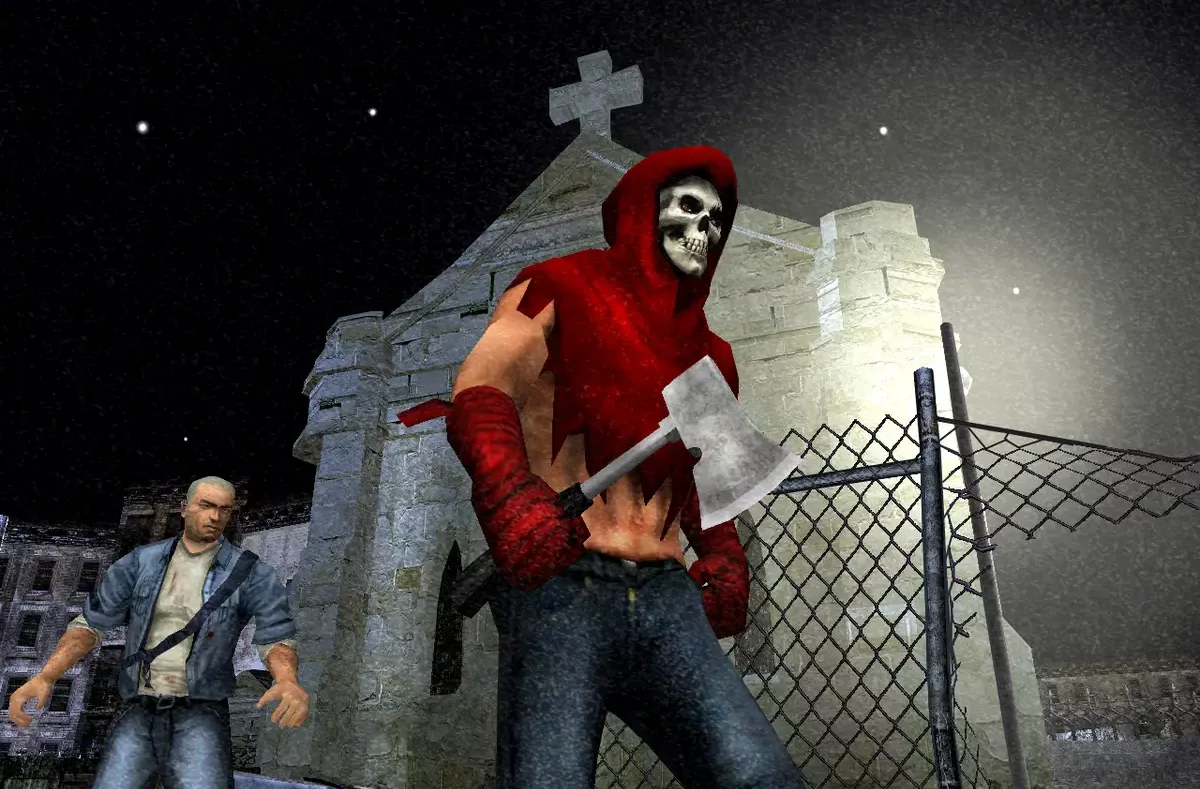
The extremely violent and gory 2003 stealth game Manhunt, as well as its sequel Manhunt 2, has received widespread criticism. Its Wii edition requires players to move their hands in ways that simulate on-screen attacks, a detail that was viewed as especially dangerous. The series was later linked by the media to the murder of 14-year-old Stefan Pakeerah, his 17-year-old killer reportedly having been influenced by the game.
Mass Effect

The controversy around this game was unfortunately based on a complete fabrication. In 2000, the conservative blogger Kevin McCullough accused the game of containing graphic adult content. In reality, said content is a brief glimpse of an alien’s breast. Nevertheless, McCullough’s comments made it onto Fox News. McCullough later apologised for misrepresenting the game.
Super Seducer
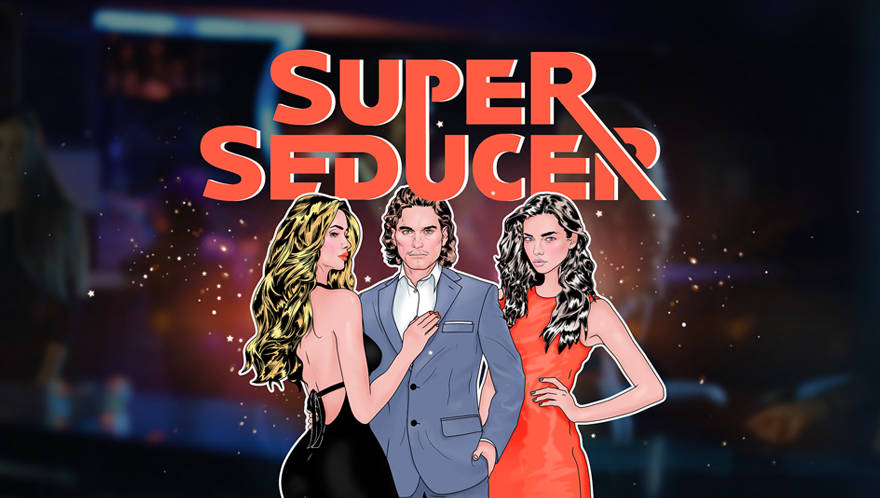
Described by its creators as “the world’s most realistic seduction simulator”, this 2018 game uses a pickup artist character to train the player in seduction. It has been derided as misogynistic, irresponsible and downright sleazy. However, the makers have fought back against these claims, using a DMCA takedown rule to try and remove a certain negative review from YouTube.
Death Race
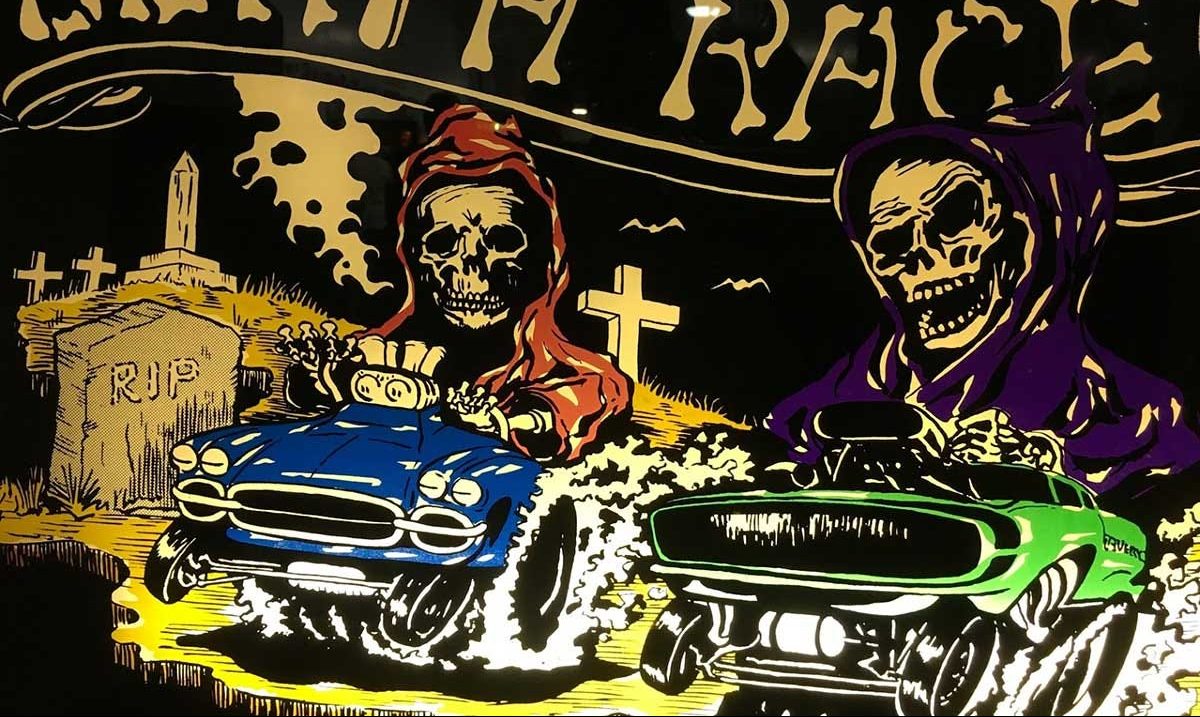
Released into arcades in 1976, Death Race is a relatively benign game by today’s standards – but in its own era, it was considered excessivly violent due to the nature of the in-game victims. The game requires players to intentionally mow down “gremlins” with a car, after which they transform into tombstones. These creatures were considered too human-like, meaning that the game received attention from major media outlets including 60 Minutes.
Raid Over Moscow

It’s been said there’s no such thing as bad publicity, and Raid Over Moscow is a classic example. It came out during the Cold War and imagines an American pilot tasked with averting a trio of Soviet nuclear attacks on the USA. Due to its controversial political nature, the morality of the game was discussed in the Finnish Parliament, generating a lot more buzz around the game in Finland and making it into a bestseller.
Twister: Mother of Charlotte
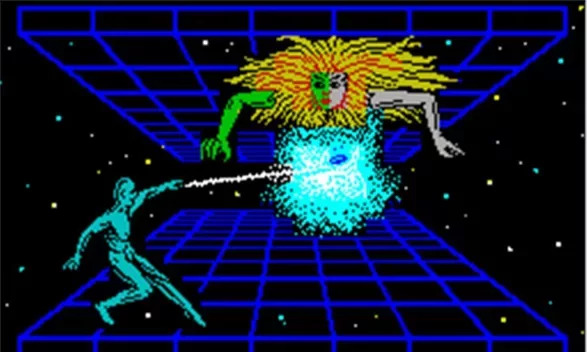
The controversial shooting game Twister: Mother of Charlotte was released on the ZX Spectrum in 1986. Intent on promoting the game’s adult nature, the makers originally named it Mother of Harlots and decided to promote it with exotic dancers at the PC Magazine’s industry show.
Barbarian: The Ultimate Warrior
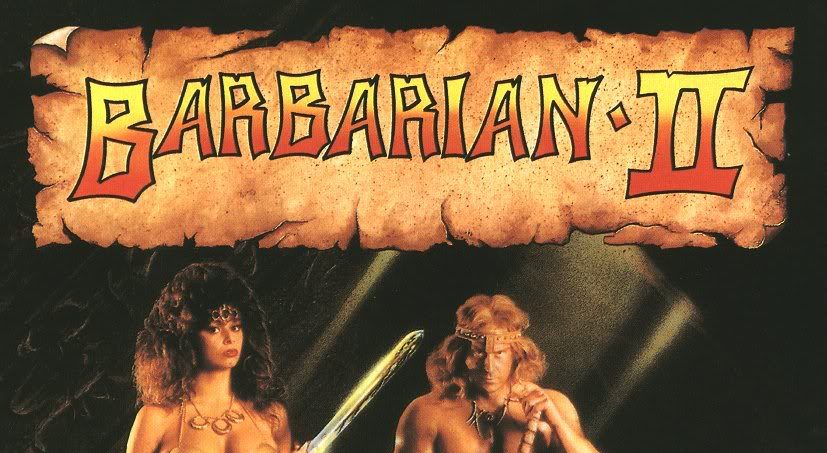
The cover art for this game proved more controversial than the violent game itself. Barbarian: The Ultimate Warrior was illustrated with a photo of model Maria Whittaker wearing a bikini, alongside the topless Michael Van Wijk. Critics branded the promotional material “offensive and particularly insulting to women”.
The Race Against Time
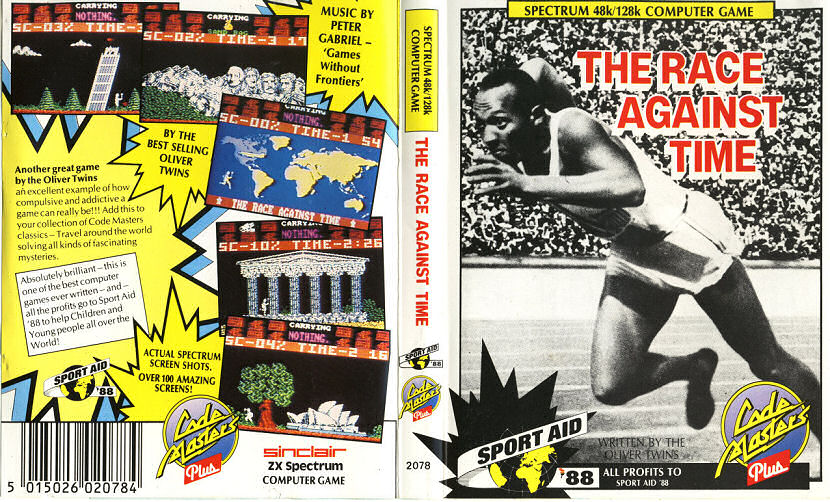
This 1988 game may seem lacking in controversy at first glance. It lets you play as Omar Khalifa, the real-life Sudanese sprinter, and he must run on six continents and raise flags for the upcoming event 1988 Sports Aid. It was designed to raise money for Sports Aid itself. However, after release, the game was recalled due to its packaging, which included an unauthorized photo of Jesse Owens. Owens had passed away eight years previously.
Fat Princess
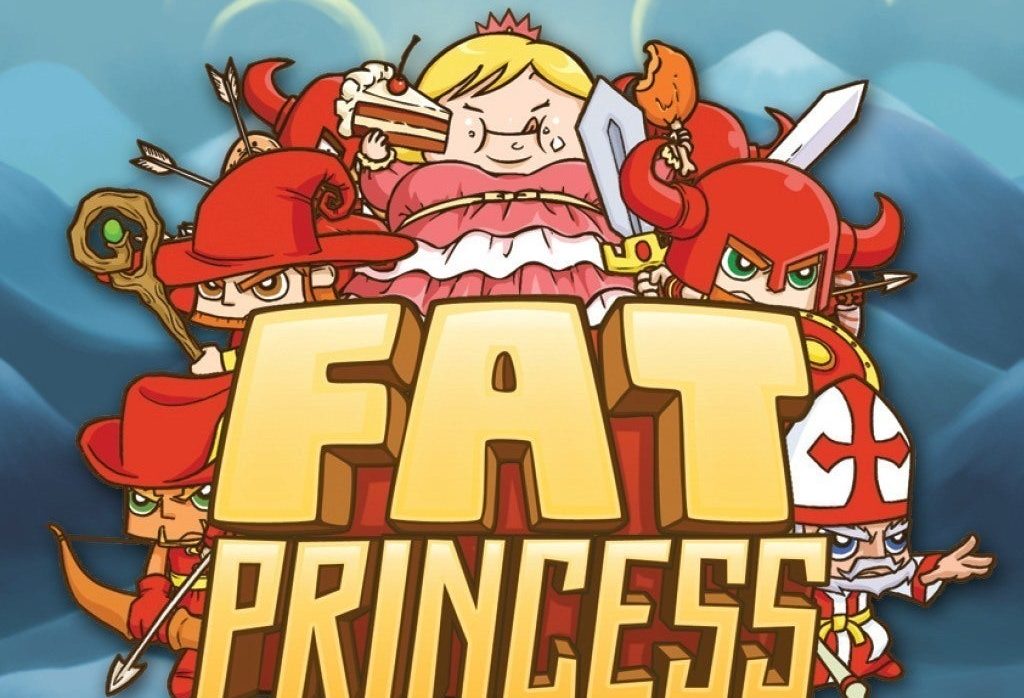
This 2009 game from Titan Studios is a multiplayer adventure, where you use teamwork to rescue an overweight princess and return her to base. You collect and carry cakes to feed her, which adds to her weight and makes it more difficult for the enemy team to capture her or carry her away. Viewed as insensitive and distasteful, the game was accused of adding to the social stigma around obesity.
Fight of Gods
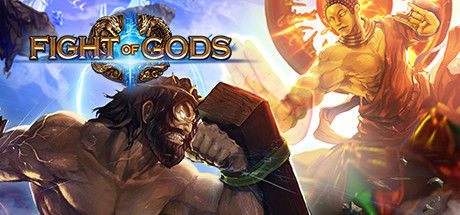
Fight of Gods is a satirical fighting game in which you can battle as Jesus, Moses, Santa Claus and other religious and folkloric figures. The game soon ran afoul of blasphemy laws in Malaysia. The Malaysian government described the game as “blasphemous” and temporarily blocked the video game platform Steam from the entire country. Steam had to block Malaysian sales of the game in order to restore the platform.
Freedom!
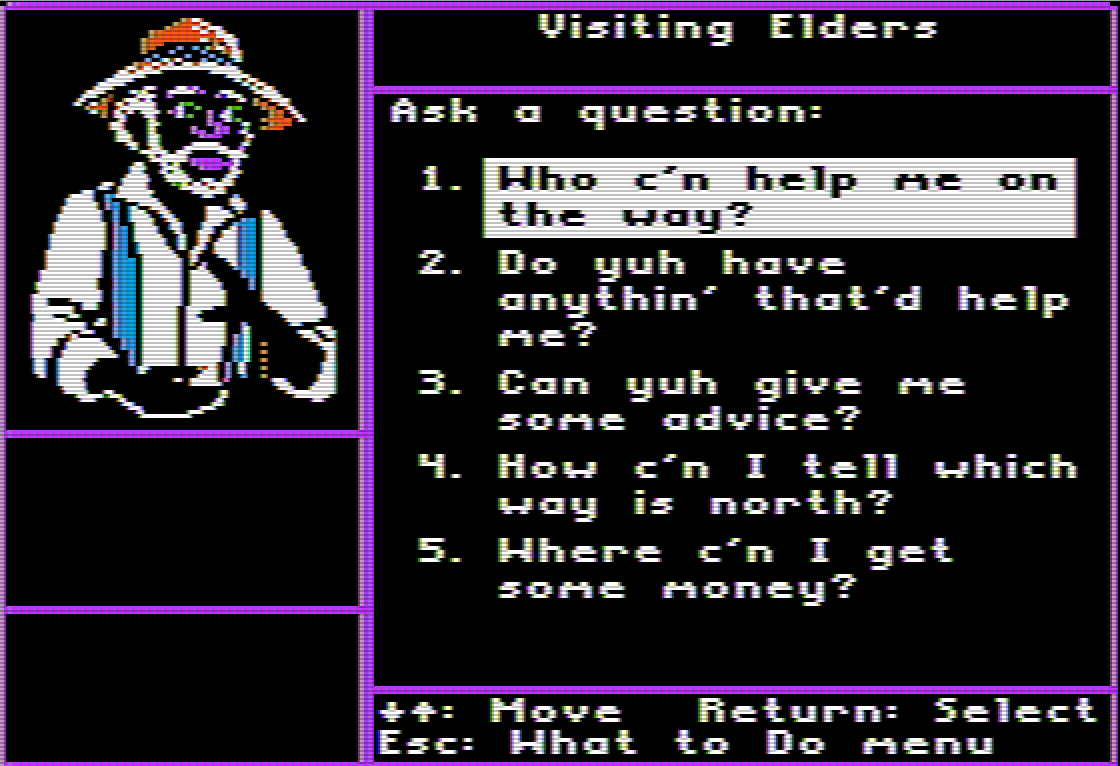
Freedom! was made by the same company as The Oregon Trail, and was likewise designed as an educational tool. It detailed the escape of US slaves via the Underground Railroad in the 1800s. However, the game soon devolved into a fun, out-of-classroom game for kids, and parents began to object that it wasn’t quite as educational as hoped. Instead, it was viewed as insensitive for dealing with the subject of slavery in a light-hearted way.
Doom
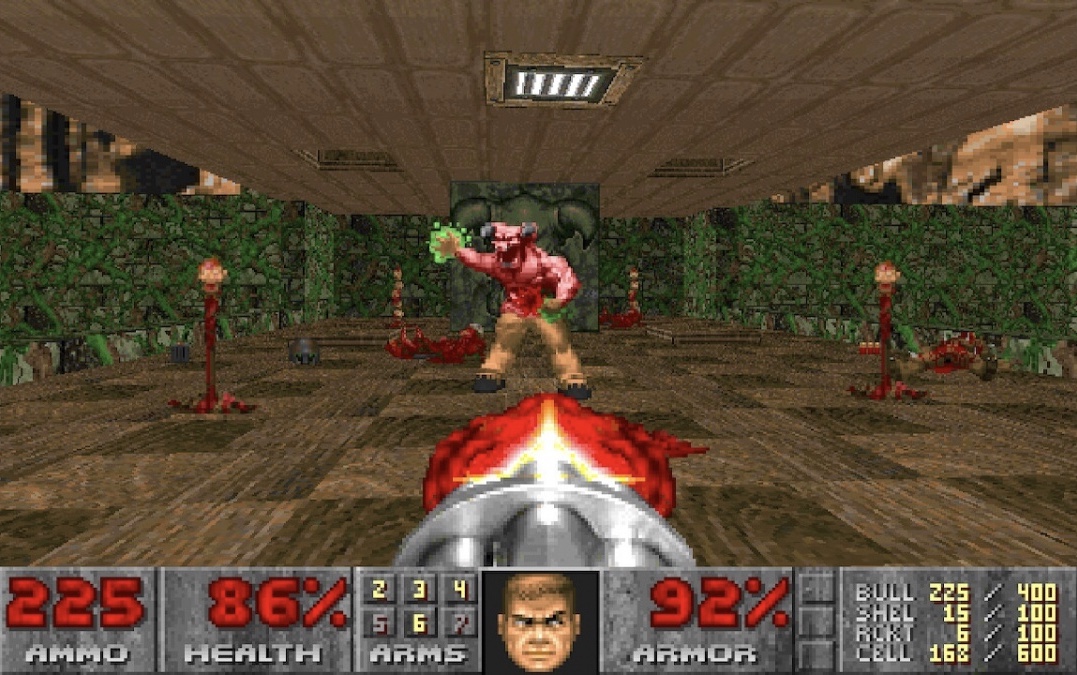
Probably the most important first-person shooter game of all time, Doom came out in 1993 and was striking for its violence and gore. It also contained Satanic themes such as demons and zombies. Fear around the game reached fever pitch when it was discovered that the Columbine High School massacre shooters were huge fans and referenced it in a journal.
SimCopter
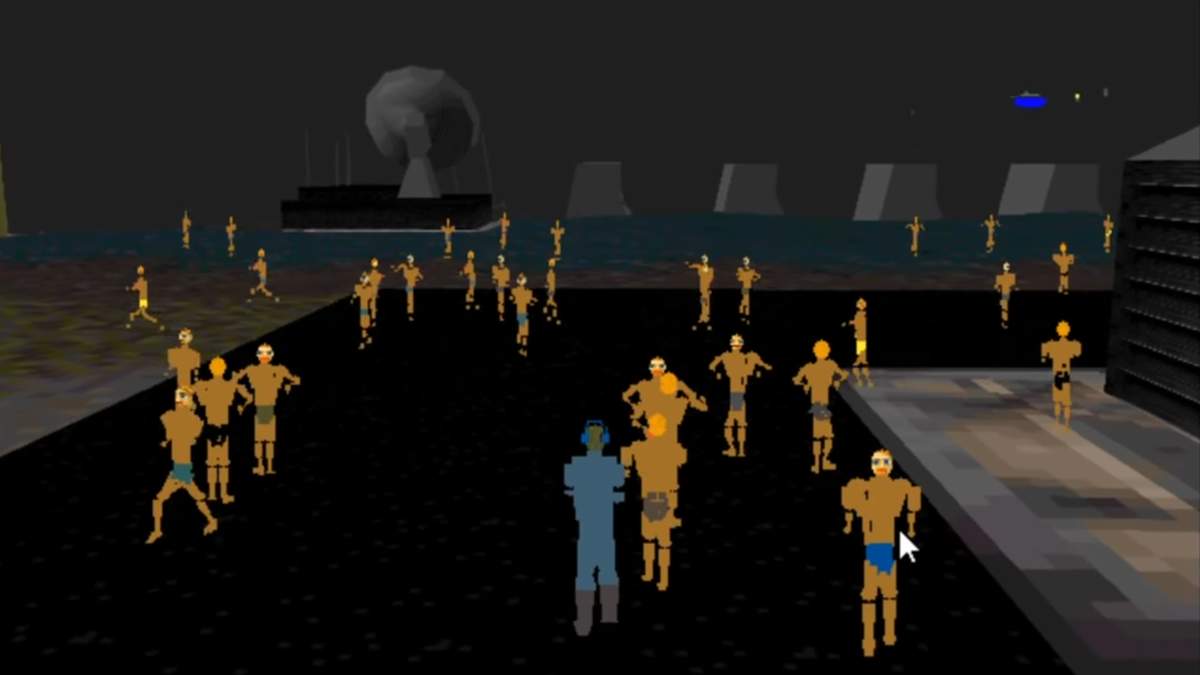
The SimCopter game caused a commotion because one designer, Jacques Servin, had made some unapproved edits that made it into the first release. He caused the game to show topless men in swimwear hugging and kissing, spawning in great numbers on dates like Friday the 13th. He declared that he had added this edits to protest his unfair working conditions, as well as the heavy-handed heterosexuality across the games industry.
Battlecruiser 3000AD
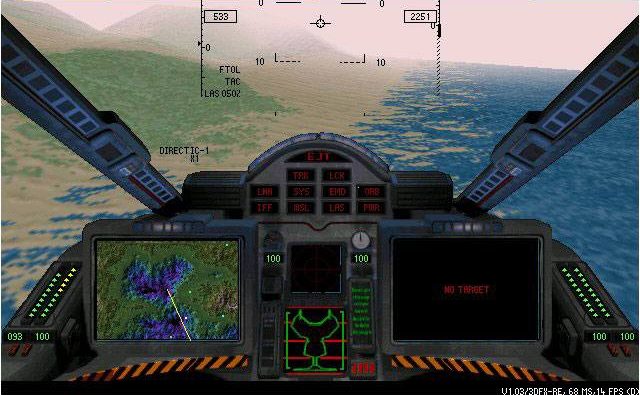
The developers of Battlecruiser 3000AD made the rather extraordinary claim that their new game used players’ neural networks and AI to perform tasks. Given that this game came out in 1996, players were sceptical about these claims and challenges of false advertising were soon raised. The neural network promise has been debated for decades in online forums. One games designer described Battlecruiser 3000AD’s claims as “mumbo jumbo”.
We Dare
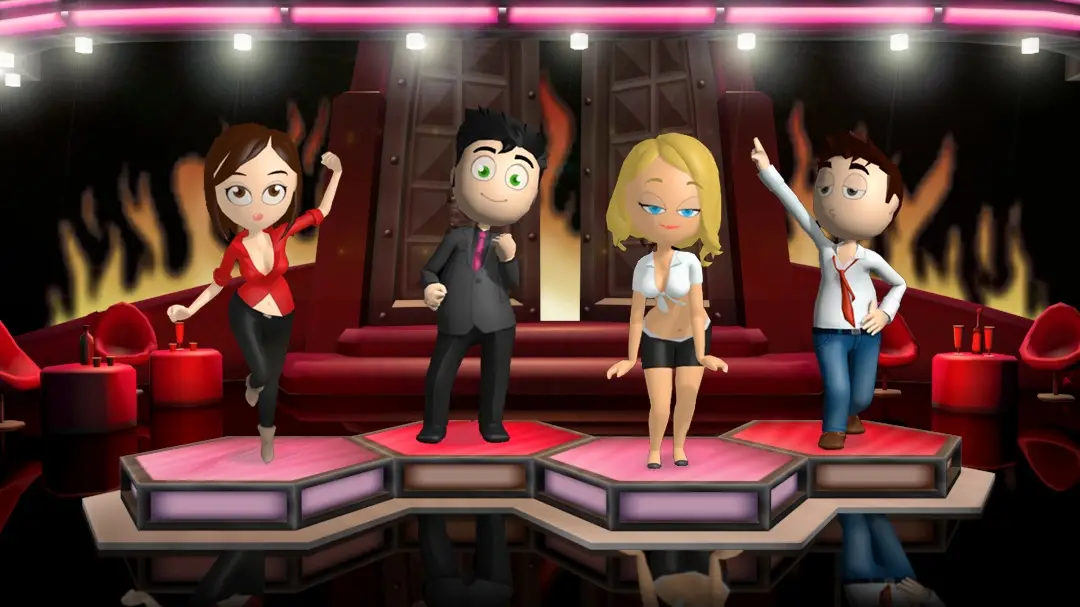
Created for PS3 and Wii, the Ubisoft Milan game We Dare describes itself as a “sexy, quirky, party game”. Characters are seen doing all manner of adult acts that definitely aren’t appropriate for kids to see. Therefore it garnered controversy for its PG and 12 ratings. As a result, Ubisoft cancelled its release in North America.
Daikatana
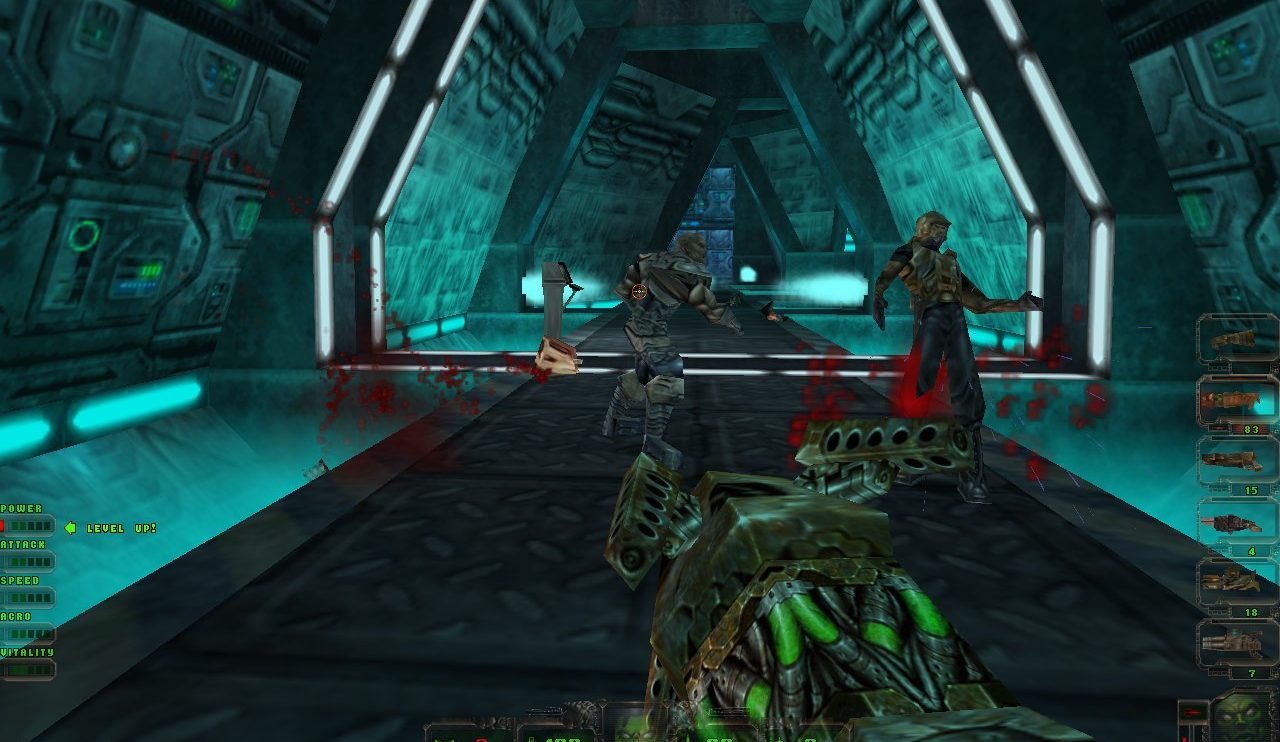
In an advertising blunder, or perhaps a stroke of controversy-attracting genius, Ion Storm chose to promote their shooter game Daikatana with a provocative print campaign. On a plain, blood-red background, the advert simply stated: “John Romero’s about to make you his b****”. Romero is the name of the game’s director. This advert shocked the public with its aggressive and violent message.
Call of Juarez: The Cartel

Call of Juarez: The Cartel came out in 2011 and is another first-person shooter game. With previous iterations of the Call of Juarez set in the historic Wild West, this version was instead set in modern-day Mexico and Los Angeles. It received criticism for glorifying extreme gang violence and its apparent reference to the real-life Juárez Cartel, who are responsible for thousands of deaths.
Conker’s Bad Fur Day

The chaotic Conker’s Bad Fur Day follows the tale of an anthropomorphic, alcoholic squirrel trying to find his way home to his girlfriend through a series of puzzle-solving tasks. The game has been criticized for its lewd and ridiculous sense of humour, which includes lots of farting, burping and innuendo. Conker is even able to attack other characters by urinating on them.
State of Emergency
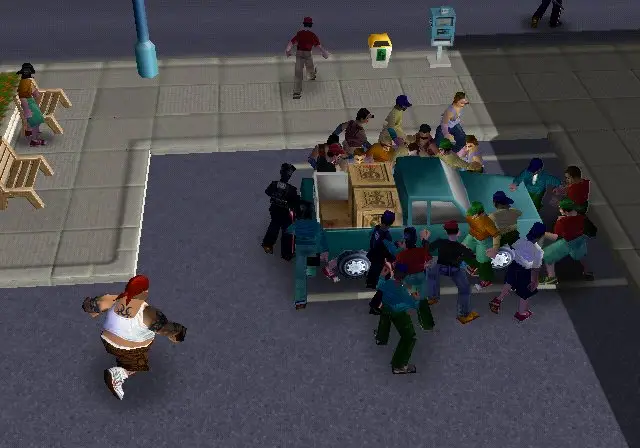
This 2002 ‘beat ’em up’ video game is set in 2023, and imagines the US Government facing a financial crisis. A coup takes place and the US is replaced by a violent police state, defied only by an underground resistance movement called Freedom. This game is considered controversial for its gun violence and themes of assassination, as well as its apparent similarities to the real-life World Trade Organization riots in Seattle.
Kakuto Chojin: Back Alley Brutal
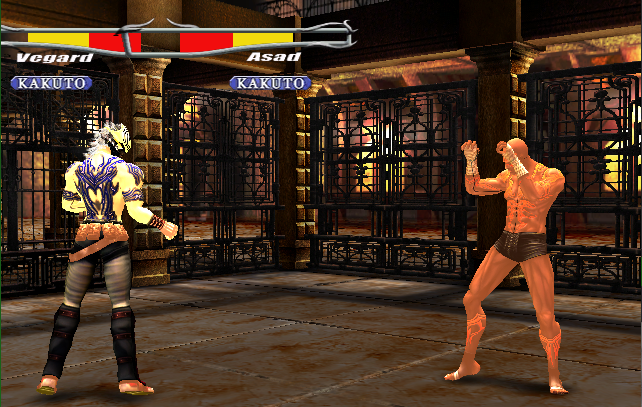
Despite its name, Kakuto Chojin: Back Alley Brutal ran into problems not for its violence, but for its religious content. An Xbox fighting game, it features a Middle Eastern character named Asad, and within his theme song, you could allegedly make out chanted verses from the Quran. Microsoft ultimately withdrew the game after it attracted criticism from the Saudi Arabian government.
Dead or Alive Xtreme Beach Volleyball

Sometimes video games’ depictions of women and their bodies can be so over-the-top that it verges on the cartoonish. Dead or Alive Xtreme Beach Volleyball is one of the many culprits, with female characters competing in volleyball on a luxurious private island resort owned by a man known only as Zack. The game is famous for its use of aptly-named jiggle physics.
Whiplash

This 2003 animated game from Crystal Dynamics is about a rabbit and a weasel who have been chained together and are trying to escape a facility. Playing as the weasel, you can wield the rabbit as a weapon, throwing him into guards and using him to jam machinery. He can also be electrified and set on fire. The trivialization of animal cruelty attracted criticism from the RSPCA.
Invaders!
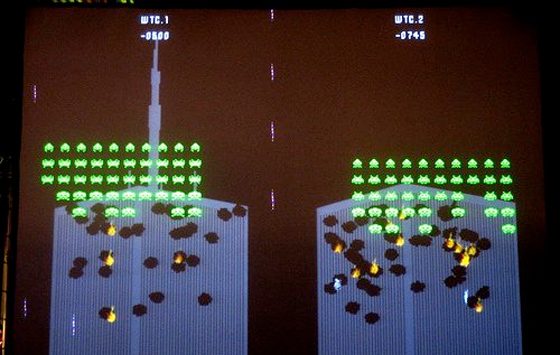
The 2008 art game Invaders! reimagines the September 11 World Trade Tower attacks as a mission in Space Invaders. It is impossible to win this game, and the playable character always ends up dead. Among the most vocal critics of this provocative game was Taito, the developers of the original Space Invaders game. It was ultimately pulled to avoid Taito’s legal threats.
JFK Reloaded
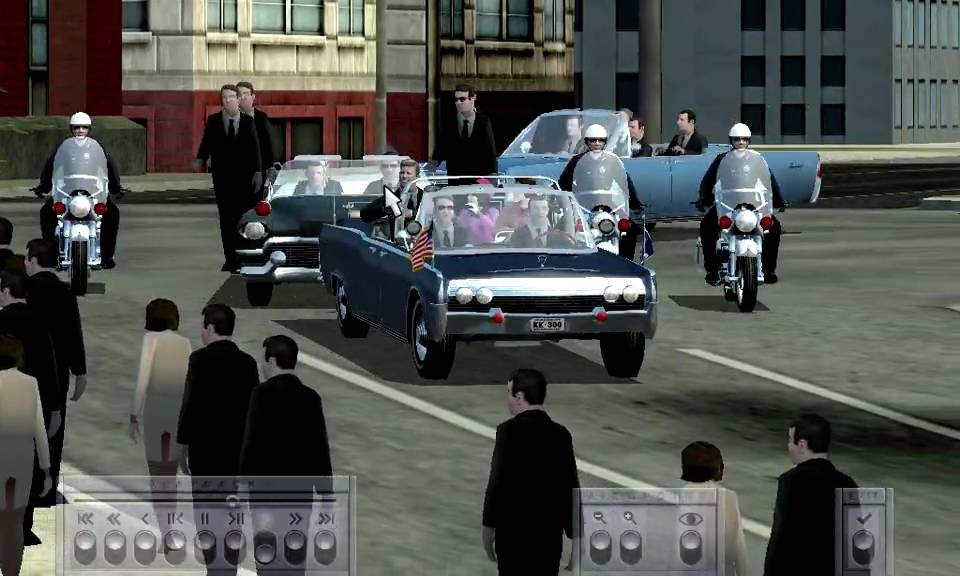
JFK Reloaded, is, as the name would suggest, a first-person shooter game that puts the player into the shoes of Kennedy’s assassin Lee Harvey Oswald. Condemned as dangerous and offensive, the game was described as “despicable” by a spokesperson for the late President’s brother Ted Kennedy.
Gun
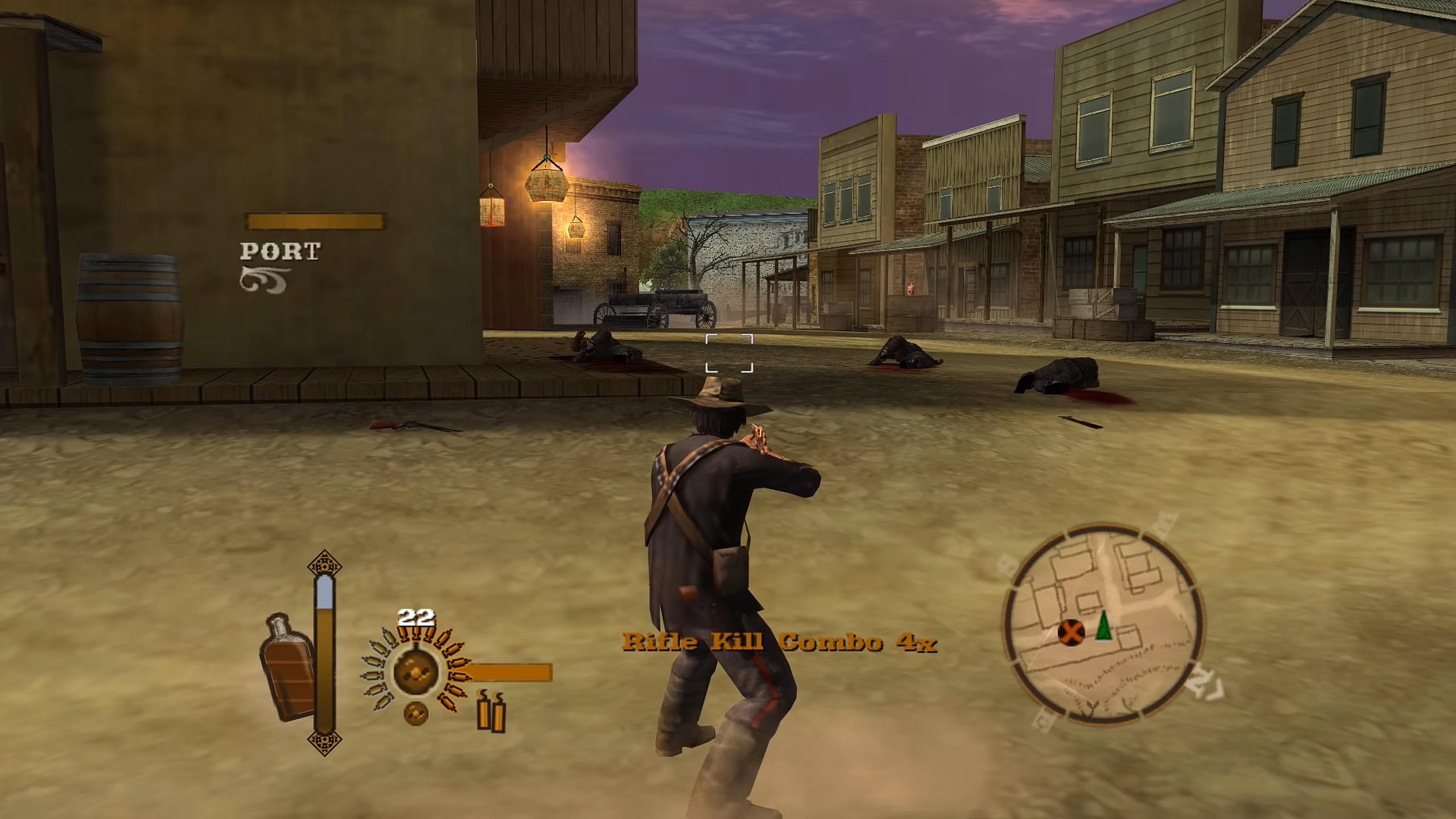
Playing as protagonist Colton White, this game takes you through various towns of the Wild West, battling with Apache and Blackfoot people. The game presents Native Americans as vengeful and a danger to the towns’ citizens, and the Town Patience meter drops every time that you fail to protect a local from an attack. This game has been widely denounced as harmful, racist and inaccurate.
Bully
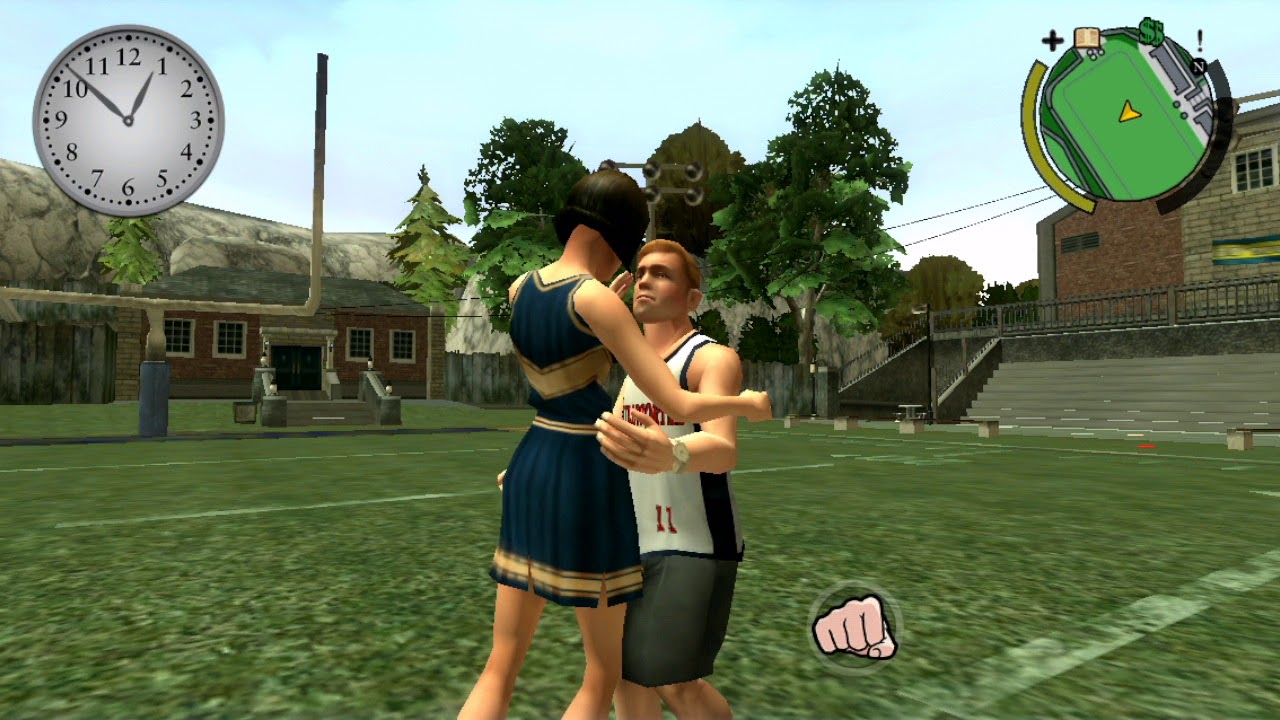
This action-adventure game is considered to be one of the most controversial of all time. Bully tells the tale of teen Jimmy Hopkins, who gets into violent brawls with the various cliques and antagonists at his high school. Parents were not pleased with the game, which was marketed to a teen audience. Another controversy was that Jimmy is able to kiss male and female characters within the game – a detail that earned praise from some games critics.
Mind Quiz
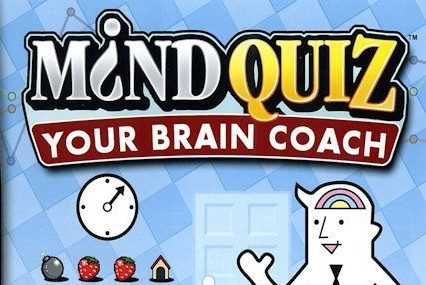
This seemingly innocuous game consists of a series of “brain-training” puzzles, which fits into the categories of Calculation, Reflex, Judgment and Memory. However, it garnered controversy for a message-style text block that included a term for disabled people considered highly offensive in the UK. Ubisoft apologised and pulled the game from store shelves, but the original version is still sold in Australia, where the term is considered to be less offensive.
Resistance: Fall of Man

Resistance: Fall of Man is a first-person shooter game that takes place in an alternative historical version of the UK, where aliens invaded the nation in the 1950s. One shootout scene takes place in an unidentified church, which bears a clear resemblance to Manchester Cathedral. After launching a complaint about this unauthorized use of its image, the staff at Manchester Cathedral later noted that the game had massively boosted visitor numbers to the site.